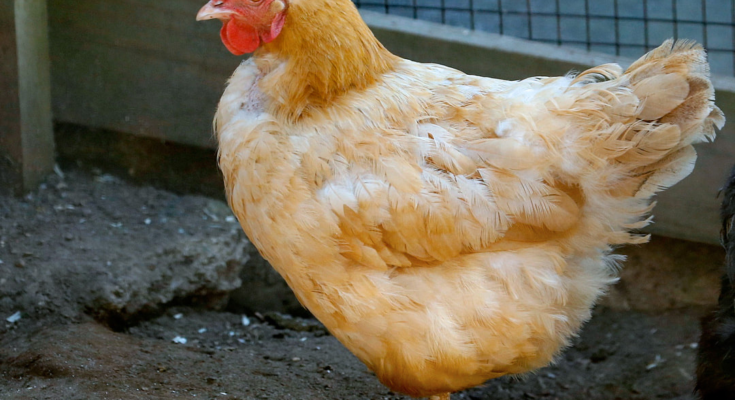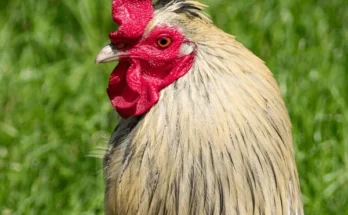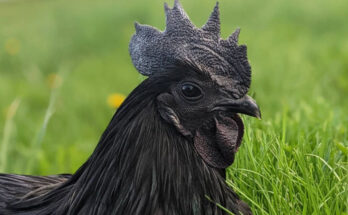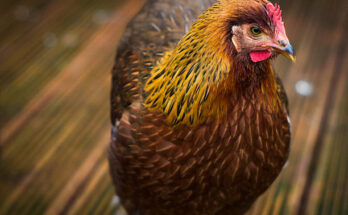5 Hybrid Hen Breeds You Need to Know for Your Farm
When it comes to poultry farming, choosing the right breed is crucial for both beginners and experienced farmers. Hybrid hen breeds have gained popularity for their unique traits and benefits. In this post, we’ll explore five hybrid hen breeds that every poultry enthusiast should know about. Understanding the characteristics and advantages of these breeds can greatly benefit poultry farmers, whether they are looking for high egg production, resilience, or a combination of desirable traits. Stay tuned to discover the value of incorporating these hybrid breeds into your poultry farming endeavors.
Understanding Hybrid Hen Breeds
Hybrid hen breeds are becoming increasingly popular among poultry farmers due to their numerous benefits and unique characteristics.
Benefits of Hybrid Hen Breeds
Hybrid hen breeds offer several advantages, making them an attractive choice for poultry farmers. Firstly, they are known for their high egg production, often outperforming purebred hens in this aspect. Additionally, hybrid hens are prized for their disease resistance, which can save farmers time and money on veterinary care. Moreover, these breeds exhibit remarkable adaptability to various climates, making them suitable for a wide range of geographic locations. This adaptability can be particularly advantageous for farmers dealing with unpredictable or fluctuating weather patterns.
Popular Hybrid Hen Breeds
Several popular hybrid hen breeds stand out for their unique characteristics and favorable traits. The Isa Brown hybrid is renowned for its prolific egg-laying abilities, making it a favorite among commercial egg producers. Another notable hybrid breed is the Red Sex Link, esteemed for its friendly disposition and consistently high egg production. The Black Star hybrid is also highly regarded for its adaptability and resilience, thriving in diverse environmental conditions. Additionally, the Golden Comet hybrid is recognized for its gentle nature and excellent egg-laying capacity, further contributing to its widespread popularity. These hybrid hen breeds continue to gain attention for their exceptional traits and contributions to the poultry industry.
5 Hybrid Hen Breeds You Should Know
Hybrid hens are a popular choice for backyard chicken keepers due to their exceptional egg-laying abilities and adaptable nature. Here are five hybrid hen breeds that every poultry enthusiast should know about:
Golden Comet
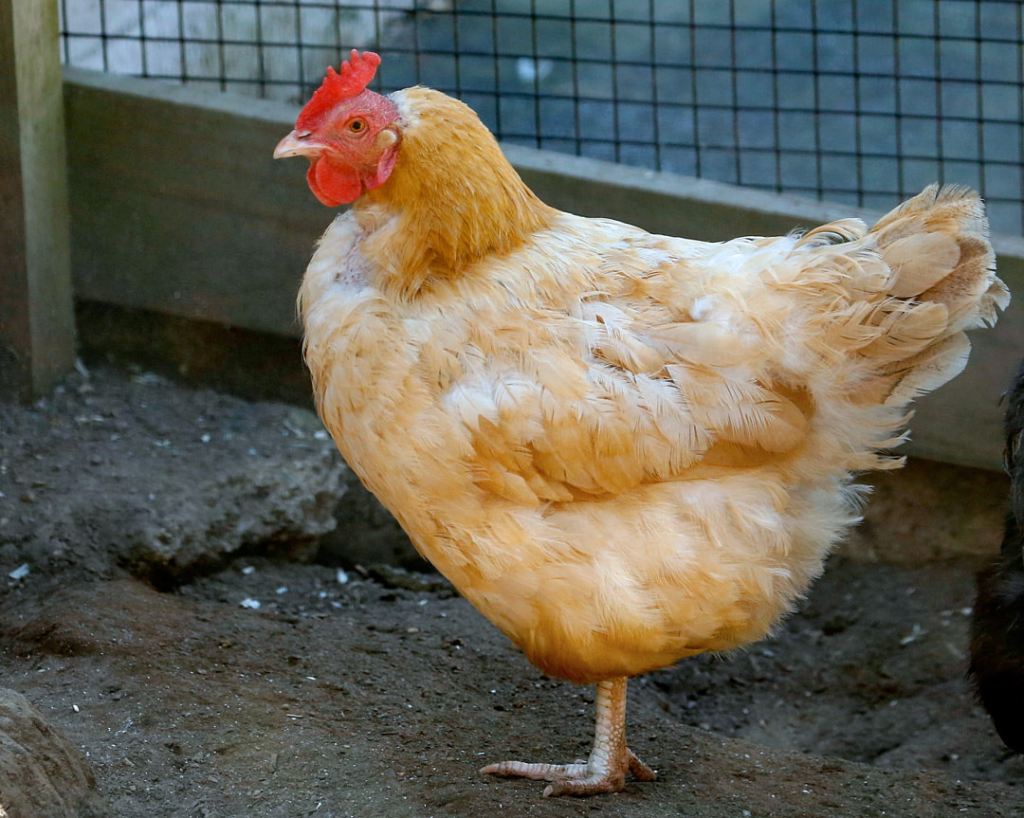
The Golden Comet is prized for its friendly demeanor and vibrant golden-red plumage. These hens are prolific layers, producing large, brown eggs consistently throughout the year. Their docile nature makes them suitable for free-range environments or confined spaces, and they tend to thrive in backyard settings.
Black Sex Link
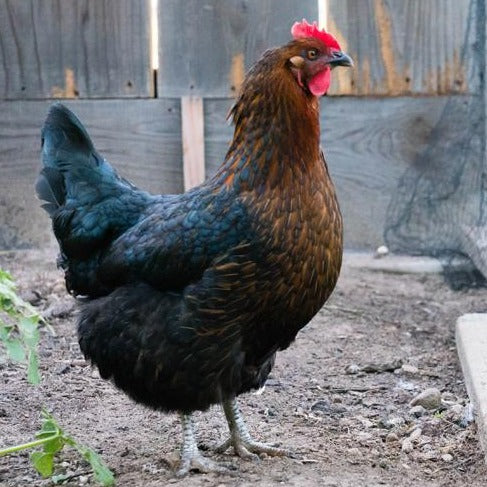
Black Sex Link hens are known for their striking black plumage with unique red accents. They have a gentle temperament, making them a great addition to any flock. These hens are also highly regarded for their excellent egg-laying capabilities, consistently producing large brown eggs.
Red Star

Red Star hens are renowned for their exceptional foraging ability and hardiness. They are well-suited to free-range systems, as they are active foragers and adept at finding their own food. In addition, Red Star hens are prolific layers, consistently laying large brown eggs, making them a valuable addition to any flock.
ISA Brown
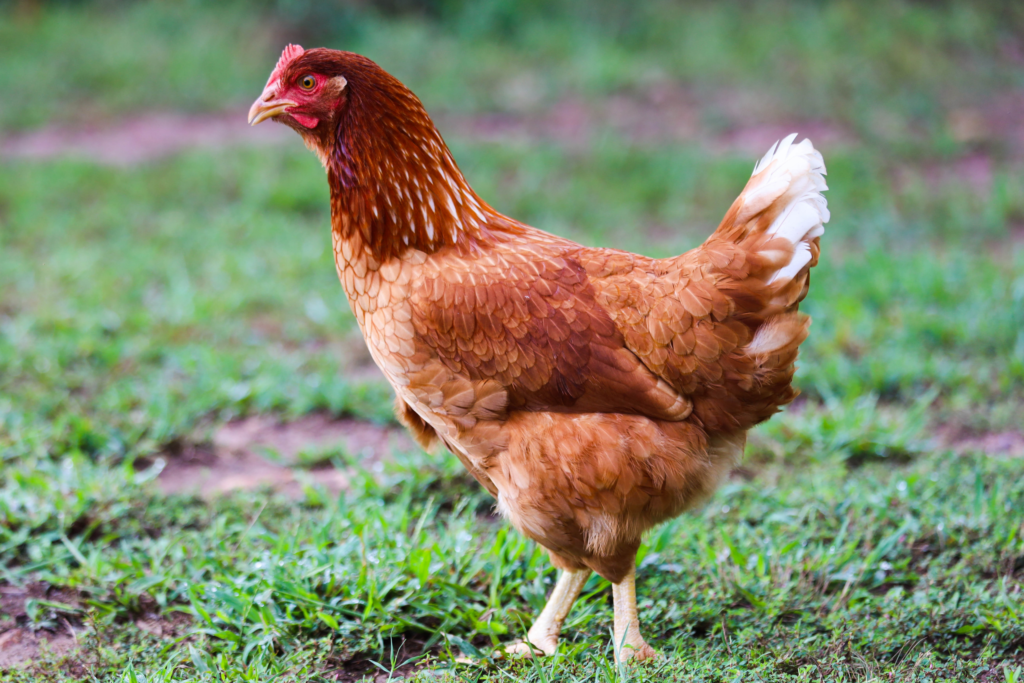
ISA Brown hens are celebrated for their adaptability and low maintenance requirements. These hens are well-suited to a variety of climates and management systems, making them a popular choice for backyard chicken enthusiasts. In addition to their adaptable nature, ISA Brown hens exhibit consistent egg production, providing a steady supply of large, brown eggs.
Bovans Brown

Bovans Brown hens are known for their versatility and heat tolerance, making them an ideal choice for different climates. These hens are excellent layers, consistently producing high-quality brown eggs. Their adaptable nature and resilient characteristics make them a valuable addition to any backyard flock.
These hybrid hen breeds offer a combination of desirable traits, making them popular choices for backyard chicken keepers. Whether you’re looking for prolific egg layers, adaptable hens, or resilient breeds, these hybrid hen breeds have something to offer for every poultry enthusiast.
Selecting the Right Hybrid Hen Breed for Your Farm
When it comes to selecting the right hybrid hen breed for your farm, several considerations should be at the forefront of your decision-making process. Factors such as climate, available space, and egg production goals play a crucial role in determining which hybrid hen breed will thrive on your farm.
Considerations for Breed Selection
Climate: It’s essential to consider the climate of your region when choosing a hybrid hen breed. Some hybrid breeds are better suited for colder climates, while others are more adaptable to warmer environments. Assessing the temperature range and weather patterns in your area will help you select a breed that can withstand the prevailing conditions and remain productive throughout the year.
Space Availability: The amount of space available on your farm also influences the choice of hybrid hen breed. Certain breeds may require more room to roam, while others can thrive in confined spaces. Understanding the spatial requirements of different breeds will help you create a suitable living environment for the hens, promoting their overall well-being and productivity.
Egg Production Goals: Defining your egg production goals is crucial in selecting the right hybrid hen breed. Some breeds are renowned for their high egg-laying capacity, making them ideal for commercial egg production, while others may be more suitable for smaller-scale operations. Determining the volume of eggs you aim to produce will guide you in choosing a breed that aligns with your production targets.
Tips for Raising Hybrid Hens
Housing: Providing suitable housing is imperative for the well-being of hybrid hens. Ensure that the coop offers adequate protection from the elements, sufficient ventilation, and nesting boxes for the hens to lay eggs comfortably. Additionally, consider predator-proofing the coop to safeguard the hens from potential threats.
Nutrition: A well-balanced diet is essential for the optimal health and productivity of hybrid hens. Incorporate a high-quality feed that caters to the specific nutritional requirements of laying hens. Additionally, offering access to fresh water and occasionally supplementing their diet with calcium-rich treats can contribute to robust egg production.
Healthcare: Regular health checks and preventative measures are vital for maintaining the well-being of hybrid hens. Implement a vaccination program as recommended by poultry health experts and monitor the hens for any signs of illness. Establishing a relationship with a veterinarian experienced in poultry care can provide valuable support in ensuring the overall health of your hybrid hens.
By carefully considering these factors and implementing best practices for raising hybrid hens, you can create an environment where your chosen breed thrives and contributes to your farm’s productivity.
Conclusion
Understanding the significance of hybrid hen breeds is crucial for any poultry enthusiast. By knowing about different breeds, you gain valuable insights into their unique characteristics, egg production capabilities, and adaptability to various climates. This knowledge enables you to make informed decisions when it comes to selecting the right breed for your specific needs. Whether you are focused on maximizing egg production or seeking hens that thrive in particular environmental conditions, being familiar with a variety of hybrid breeds empowers you to create a successful and sustainable poultry operation. Stay informed, stay successful.
